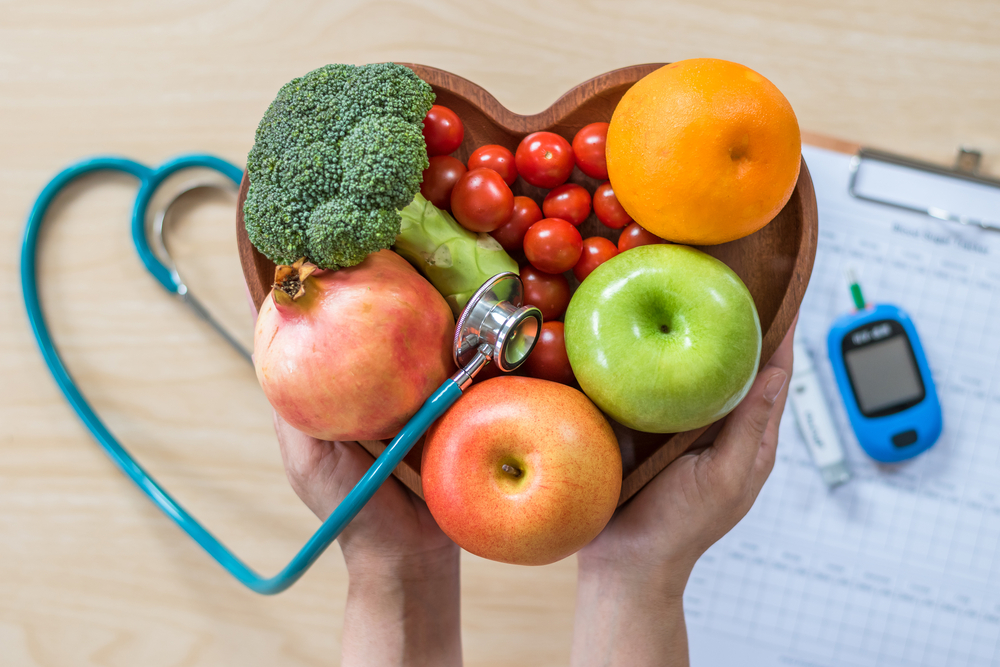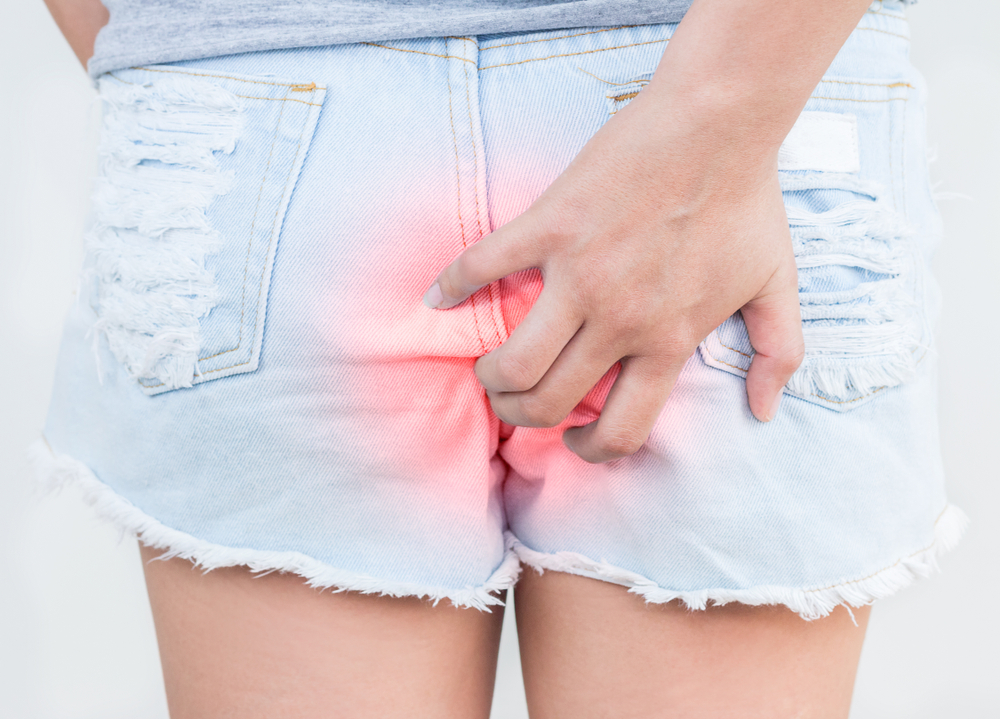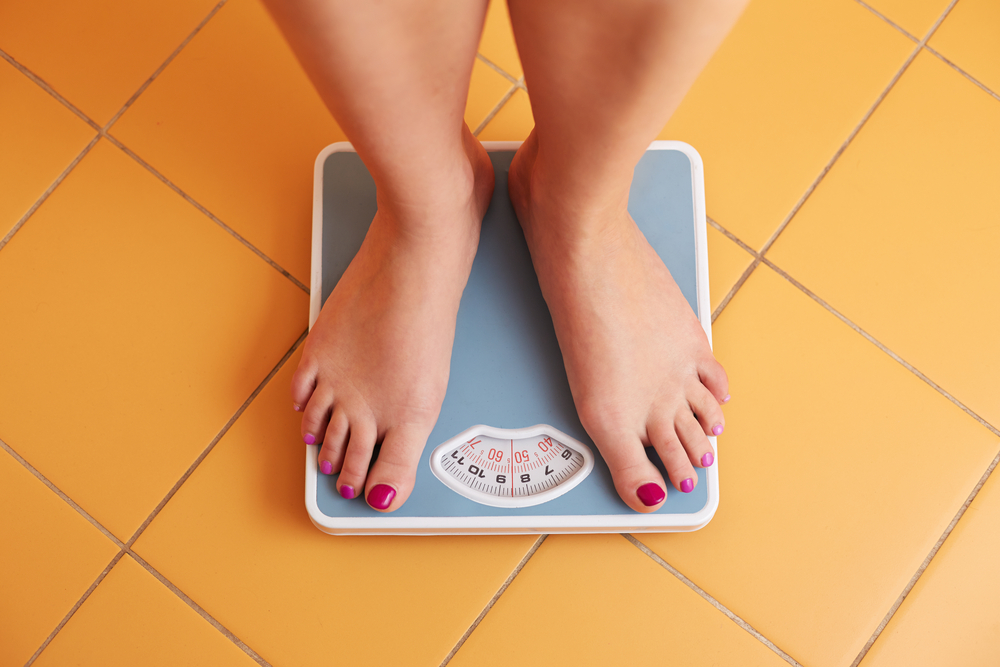Contents:
- Medical Video: Reasons Why Teenagers Drink Alcohol
- What are the reasons teenagers use drugs?
- Signs of adolescents start using drugs
- How do you overcome the bad influence of friends to use drugs?
- 1. Make your teen not want to disappoint you
- 2. Spend time together
- 3. Enforce regulations
- 4. Encourage your child to argue
- 5. Practice the ability to establish relationships
- 6. Find out and pay attention to the pressure of peers
- 7. Imagine you are in a child's position
- 8. Help your teen learn from mistakes
Medical Video: Reasons Why Teenagers Drink Alcohol
Even though your teen does not use drugs or drink alcohol, overcoming bad influences and peer pressure to use drugs can be difficult. Especially if your own close friends put pressure on them.
Rejection words like, "no, thank you" might be enough. However, often what happens is the opposite, the pressure continues to come repeatedly. Reporting fromDrug Abuse, adolescence is the most vulnerable period and has the highest risk of drug abuse.
When your child enters adolescence, they will face new social challenges and academic situations. Often at this time they want to try, like trying to smoke and drink alcohol for the first time. When entering high school, teenagers have a greater curiosity. One of them is curiosity to try drugs, which circulate among teenagers and is quite easy to get if he mixes with the wrong people.
What are the reasons teenagers use drugs?
Reasons for adolescents using drugs can vary. Some use it to experience the same as their friends, some use steroids to improve their athletic appearance or strength, some use ecstasy to relieve anxiety in certain social situations. There are also teenagers who abuse prescription drugs for people with ADHD, such as Adderall, to help them learn or lose weight.
Drug use in adolescence can interfere with brain function. As a result, a person will lose motivation, experience memory problems, difficulties in learning, making decisions, and controlling habits.
It's natural to see teenagers who use drugs and alcohol have poor grades in school, have health problems (including mental disorders), even engage in criminal acts.
Signs of adolescents start using drugs
Quoted from Mayo Clinic, there are some signs that teens start using and abusing drugs, namely:
- Sudden or extreme changes in friends, diet, irregular hours of sleep, physical appearance, coordination, or performance at school.
- Being irresponsible, having a bad judgment, and generally losing interest.
- Fight regulations or stay away from family.
- In your teen's room there is a medicine box or drug kit, even though your teen is not sick.
How do you overcome the bad influence of friends to use drugs?
There are several ways that your teenager can stay away from drugs despite pressure from close friends, as reported WebMD, that is:
1. Make your teen not want to disappoint you
Tom Hedrick, co-founder of The Partnership for Drug-Free America, said parents' influence was stronger than what most of you realize. Prohibitions and punishments often become master food weapons, whereas what is more effective is to make teenagers put respect and love for you, so they cannot bear to try drugs because they do not want to disappoint their parents. Not for fear of being scolded.
"Making teens not want to disappoint their parents is an important protection for teens from drug use," Hedrick said.
2. Spend time together
At the same time, teens want to be independent, but also want to be accompanied by parents. Benjamin Siegel, M.D., pediatrician and member of the American Academy of Pediatrics committee, said that even if your child wants to show independence, you are still needed as a parent.
Take your time to hear stories from your child. Maybe it will need effort big ones, but you have to do it. "The more you understand what they want to do, parents will be easier to be people who are trusted to shed their unity," Siegel said.
3. Enforce regulations
You can make rules at home to give to your teenager, even though he might not like it. There are some rules that you can make so that your child avoids drugs is:
- Spend time talking to you. Teenagers acknowledge that they want to know what their parents think and how they can help make decisions.
- Give punishment. Teenagers who break the rules want to know what will happen. If there are no consequences, your rules mean nothing.
- Limit visits late at night. Too often being allowed not to go home can make your child feel too free to be controlled.
- Wait for them to go home when they come home late. Realizing they were awaited by the father or mother, or both, for several hours when they returned late, making many teenagers think twice about what they would face when they returned home later.
4. Encourage your child to argue
Rachel Fleissner, M.D. from the American Academy of Child & Adolescent Psychiatry, saying that parents can raise their children to be brave in their opinions, even if their opinions conflict with their opinions. Children who are able to think have practiced to speak with their own thoughts.
5. Practice the ability to establish relationships
Siegel said that children need friends. Establishing relationships is very important for their development, and parents have a role in this process. Siegel suggests that children are always invited to talk, so they can help develop their ability to be friends.
6. Find out and pay attention to the pressure of peers
Some children can be affected by close friends who act out of bounds. If your child is affected, your challenge is to express your point of view without criticizing his friend. Some situations can be dramatic, because according to Fleissner, it is possible for the child's family to completely forbid their children to be friends with destructive friends. Initially the child may not like it, but then the child will thank his parents for avoiding bad things.
7. Imagine you are in a child's position
To help your child get out of the pressure and bad influence of his friends, you can visualize what you are in that position. You can help him break away by giving suggestions, "How about this?", Related to the pressure that his peers get.
8. Help your teen learn from mistakes
No matter what you do or say, your child may still feel like a failure. You and your child may be sad. Fleissner said parents must be ready to help their children if they make mistakes and help them get up. This is the right time to help children see how they make decisions.
Siegel agreed with what Fleissner said. "Parents must ask the child what can encourage him to be and feel better," Siegel said.
Parents cannot participate in any social challenges their child will face. Children who know they are loved by their parents, who value their opinions, and who have been trained to think critically, have a greater chance to say "No thanks" to their friends who put pressure on drugs.
READ ALSO:
- All you need to know about depression
- The influence of cigarettes, alcohol, and drugs as triggers for stroke
- Is it true that children with ADHD are more at risk of becoming addicts?












